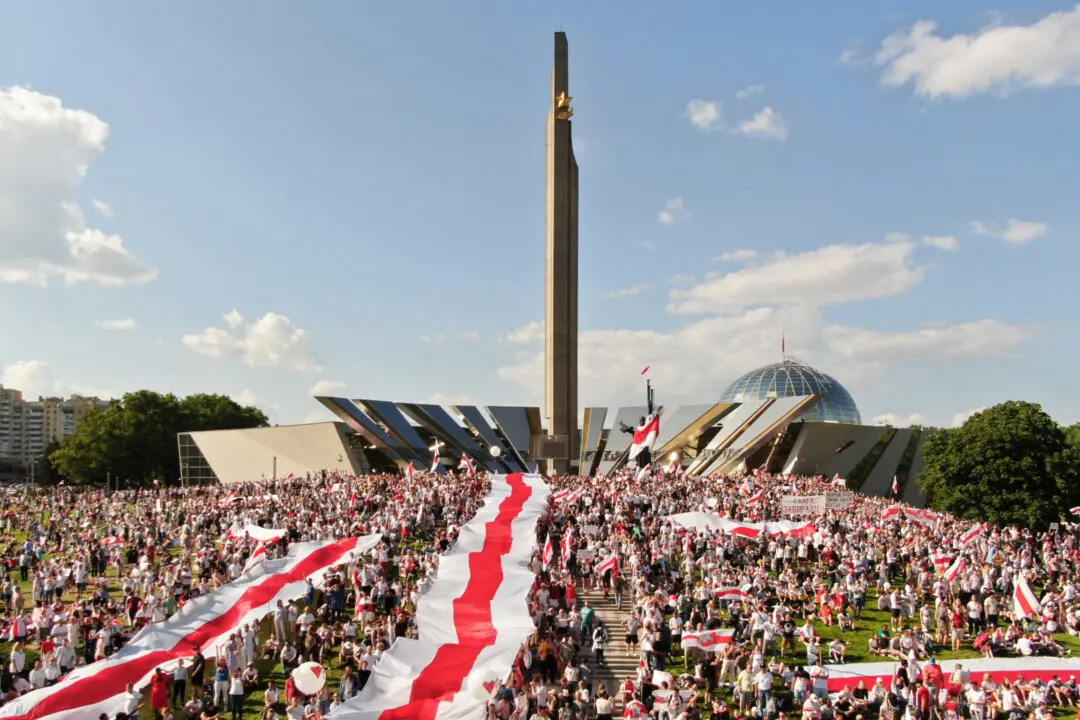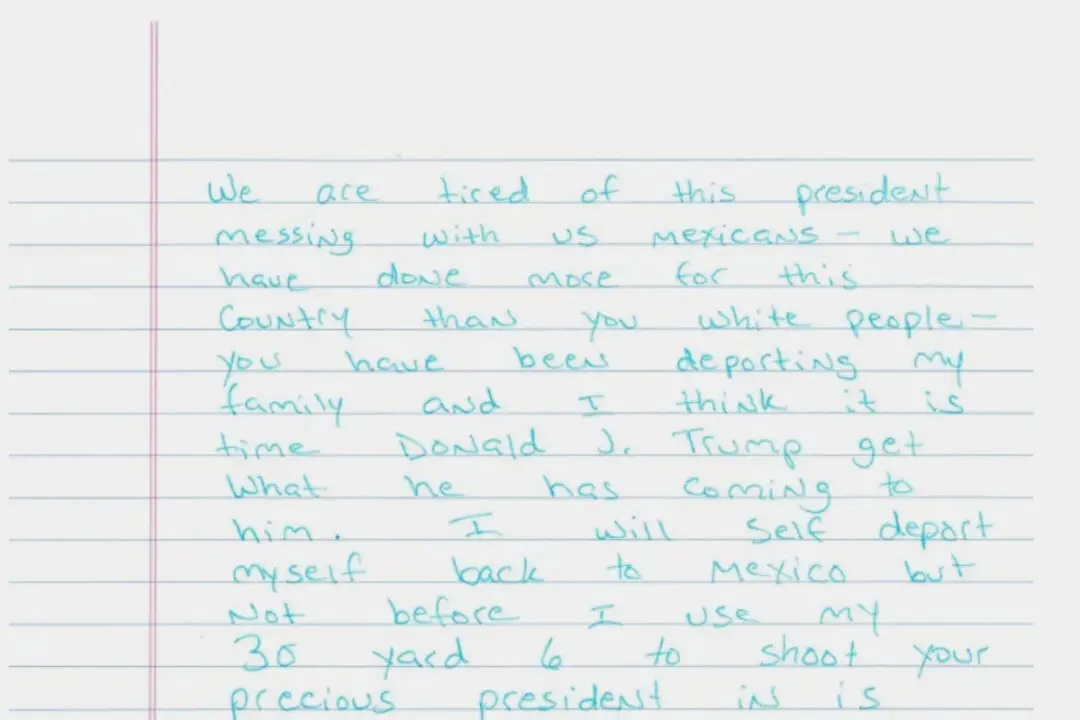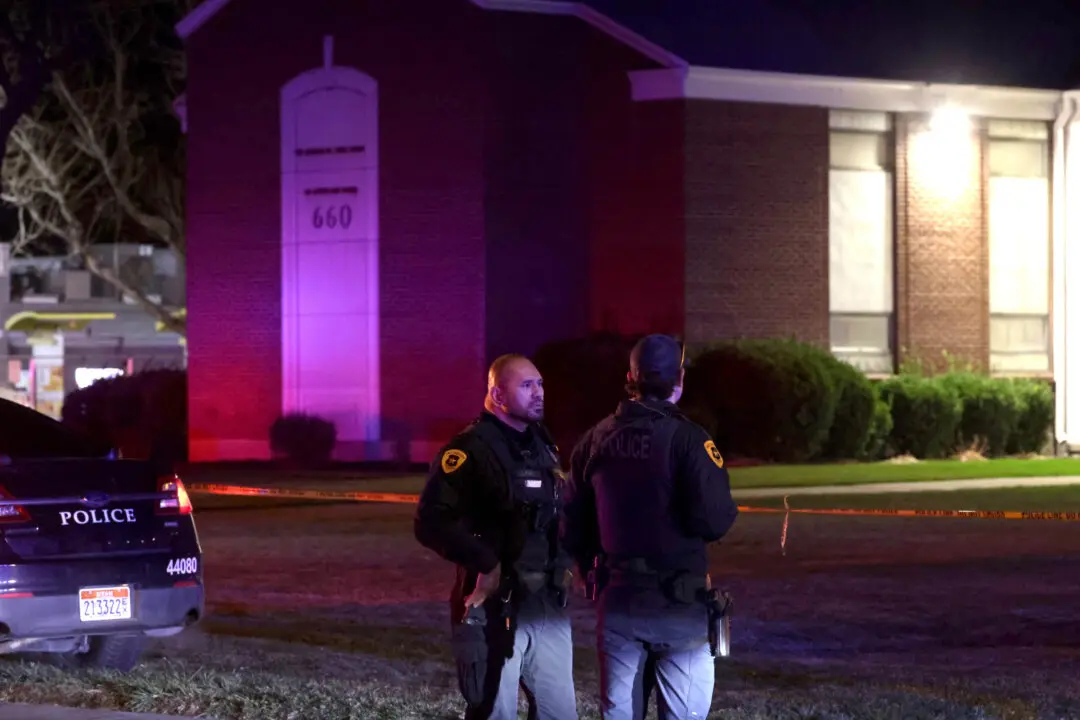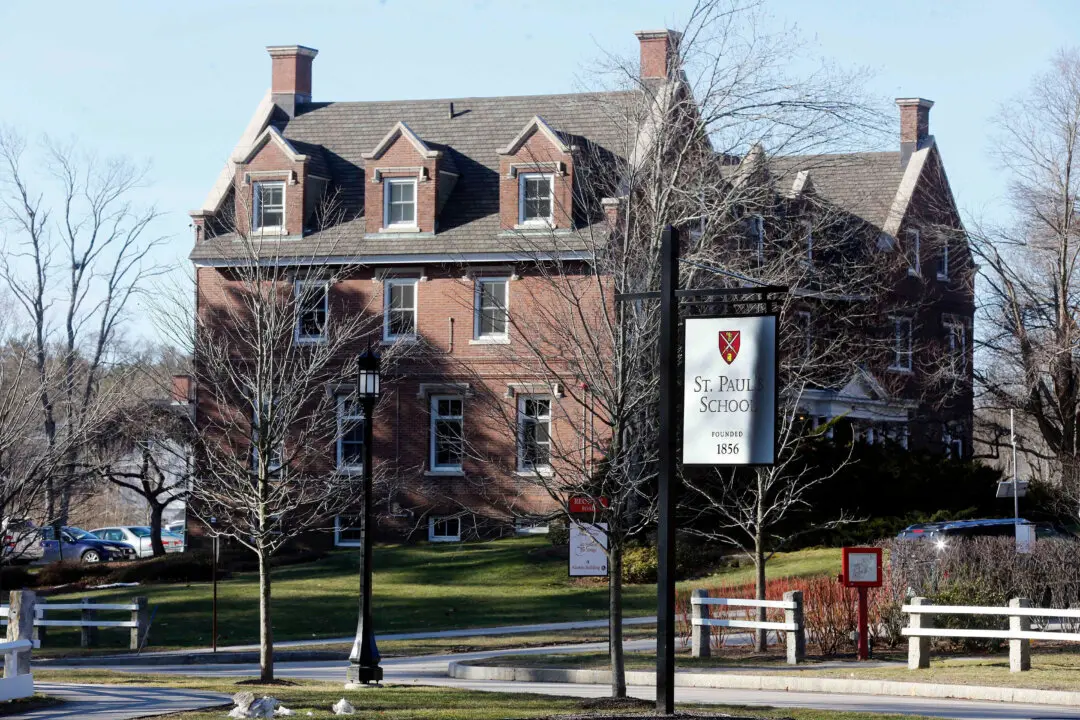KYIV, Ukraine—Belarusian authorities on Sept. 9 detained one of the two last leading members of an opposition council who remained free, moving methodically to end a month of protests against authoritarian President Alexander Lukashenko.
Lawyer Maxim Znak, a member of the Coordination Council created by the opposition to facilitate talks with the country’s leader of 26 years on a transition of power, was taken out of the council’s office by unidentified masked people, associate Gleb German said.





